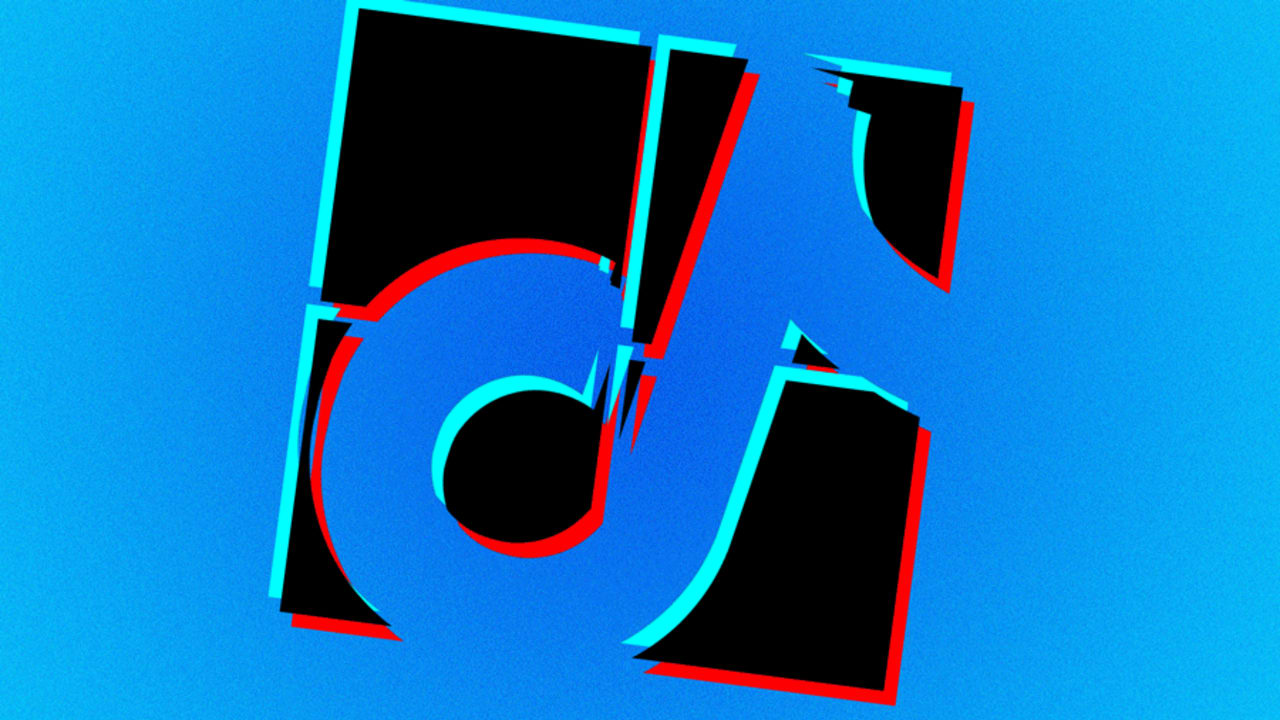
Or, how to make 100 million Americans love you immediately.
In the immortal words of the German philosopher Haddaway, what is love?
When it comes to the products we buy, how is that love established, built, and grown over time? For some, that expression is called the brand—that symbol, that idea that we find ourselves drawn to, or use to identify ourselves. It traps the heart through a combination of product, service, design, and corporate actions.
Former Saatchi & Saatchi CEO Kevin Roberts went a step further in his 2004 book to say brands need to become “lovemarks,” a creation of products and experiences that establish long-term emotional relationships with consumers.
Does just reading that make you dry heave a lil’ bit? Probably. But do you also ascribe to your favorite pair of Nikes and that new iPhone the kind of unconditional love typically reserved for children and puppies? Probably.
When we think of these complicated commercial crushes, a handful of brands come immediately to mind: Apple, Nike, Adidas, Patagonia, Netflix, Harley-Davidson. These brands that are as much a part of culture as a reflection of it.
Now, what about Microsoft? Not so much. Respected? Sure. Admired? Maybe. But loved?
That was one of my first thoughts when, almost as soon as President Trump announced last weekend that he was thinking of banning TikTok in the United States amid security concerns surrounding its Chinese parent company ByteDance, Microsoft was in talks as a potential buyer. Late Thursday, Trump followed through on his previous musings and issued an executive order that would ban TikTok, but subsequent reporting clarified that Microsoft could still complete the deal.
Update: WH official tells me that Microsoft (or another buyer) only needs to have an agreement in place with ByteDance or other TikTok buyer within 45 days, not that deal must close by then.
Makes way more sense, even though it's not how EO reads.
— Dan Primack (@danprimack) August 7, 2020
If Microsoft succeeds in acquiring TikTok, not only would this bring perhaps the most popular social app on the planet and its 100 million American users under the company’s umbrella, but it would immediately make it a contender in the social wars among Facebook, Twitter, Snap, Pinterest, and Reddit.
But would it be enough to make the company loved?
Obviously, Microsoft is an incredibly successful company and brand, but it’s also one that has somehow eluded the kind of emotional and cultural fandom of competitors like Apple, Google, and even Amazon. This lack of brand magic isn’t for lack of trying, though. More than a decade ago, it hired Crispin Porter + Bogusky (the hottest American advertising agency at the time) to snazz up its image.
The immediate result was “I’m a PC,” a tardy retort to Apple’s insanely popular “I’m a Mac” ads that didn’t quite hit the mark. Despite its B2B-heavy image, Microsoft has long tried to use pop culture as a wooing device. Preceding its Bogusky makeover was a series of ads starring Bill Gates and Jerry Seinfeld. Over the years it’s tossed a variety of darts at the zeitgeist board, from Madonna (Windows XP 2002) to alt-comedian Demetri Martin (Windows Vista) to Double Rainbow guy (Windows Live Photo Gallery 2010).
But it was never quite enough, was it? Even its big swing attempts have been played for laughs, like in Guardians of the Galaxy when the mere presence of a Zune was the joke.
Microsoft already owns other massively popular consumer platforms, notably Xbox and Minecraft. But these are rarely associated with their parent company, which is perhaps to their benefit.
Of course, the same would likely happen with TikTok, but right now is when Microsoft is scoring huge brand points with millions of Americans, particularly TikTok’s younger users (who won’t be in the market for cloud computing business services for awhile yet, but their parents might be), as the savior of their favorite source of entertainment. Even if this acquisition does not actually become reality, all the recent news stories and speculation alone of Microsoft’s effort to prevent it from being banned in the United States will crown a massive halo on its brand.
Wall Street certainly thought so, as Microsoft added as much as $77 billion in market value after it confirmed that it was in talks to acquire TikTok’s U.S. operations. Given the blanket news coverage and the cries of short-form video junkies from all corners of the country, this may just be the free publicity bonanza of the year.
If the deal goes through, though, Microsoft should avoid pulling a credit-thirsty logo move à la its would-be rival Facebook.
Let’s face it: “TikTok . . . from Microsoft” doesn’t quite have the same ring to it.
–
Guest Author: Jeff Beer is a staff editor at Fast Company, covering advertising, marketing, and brand creativity. He lives in Toronto.
This article first appeared in www.fastcompany.com
Seeking to build and grow your brand using the force of consumer insight, strategic foresight, creative disruption and technology prowess? Talk to us at +971 50 6254340 or engage@groupisd.com or visit www.groupisd.com/story
